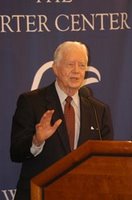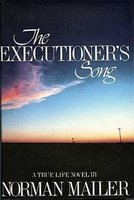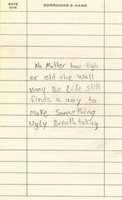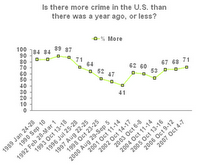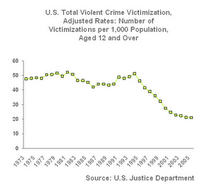 for some reason, i’ve been distracted all day by the sound of train whistles and prison gates slamming shut. while tempting to attribute this condition to the full slate of meetings on my calendar this week, it is more likely the result of reading a merle haggard interview just before bed.
for some reason, i’ve been distracted all day by the sound of train whistles and prison gates slamming shut. while tempting to attribute this condition to the full slate of meetings on my calendar this week, it is more likely the result of reading a merle haggard interview just before bed.
like many former prisoners, mr. haggard can still call to mind details of his release decades later. via esquire:
I got out something like nine that morning. February 3, 1960. There’s a big metal security device at the main door coming out of San Quentin. When they open that door, it comes up and you have to step over it. Just as I was stepping over that device, a Hank Snow record came on. “The Last Ride.” My foot just stopped in midair. The song was coming from a radio near this guard who was standing there with his gun. He said, “What, did you change your mind?” I said, “No, that’s a really great song.” I stayed there and listened to the rest of the song.
[words n’ music]
dang. wouldn’t that just be the coolest scene in the movie? a good song always stops a good songwriter dead in his tracks. the second coolest scene would show the young mr. haggard in the front row at the man in black’s first san quentin show in ’58. from rolling stone:
I met Johnny in 1963 in a restroom in Chicago. I was taking a leak, and he walked up beside me with a flask of wine underneath his coat and said, “Haggard, you want a drink of this wine?” Those were the first words he ever said to me, but I had been in awe of him since I saw him play on New Year’s Day in 1958, at San Quentin Prison, where I was an inmate. He’d lost his voice the night before over in Frisco and wasn’t able to sing very good; I thought he’d had it, but he won over the prisoners. He had the right attitude: He chewed gum, looked arrogant and flipped the bird to the guards — he did everything the prisoners wanted to do. He was a mean mother from the South who was there because he loved us. When he walked away, everyone in that place had become a Johnny Cash fan. There were 5,000 inmates in San Quentin and about thirty guitar players; I was among the top five guitarists in there. The day after Johnny’s show, man, every guitar player in San Quentin was after me to teach them how to play like him. It was like how, the day after a Muhammad Ali fight, everybody would be down in the yard shadowboxing; that day, everyone was trying to learn “Folsom Prison Blues.”
Then when my career caught fire, he asked me to be a guest on his variety show on ABC. He, June and I were discussing what I should do on the show, and he said, “Haggard, let me tell the people you’ve been to prison. It’ll be the biggest thing that will happen to you in your life, and the tabloids will never be able to hurt you. It’s called telling the truth: If you start off telling the truth, your fans never forget it.” I told him, “Being an ex-convict is the most shameful thing. It’s against the grain to talk about it.” But he was right — it set a fire under me that hadn’t been there before.
on most issues, i’m probably walking on the fightin’ side of merle, but he gets a 10 out of 10 for authenticity in my book. one more quote from the esquire piece:
I’ll tell you why it’s different when somebody else is singing “Mama Tried“: They’re reading the words. I’m telling the story. [don and phil sure sang it pretty, though]
[words n’ music]
amen. here’s a whole collection of mr. haggard’s prison songs.
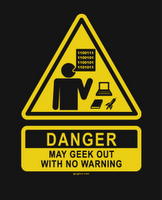 criminologists have grumbled for years about the “city crime rankings” released each year by morgan quitno and cq press. these rankings are based on the fbi’s uniform crime reports data, which are a fine source of information for many purposes. when used to compile a crude annual ordering of dangerousness, however, the fbi cautions that they can be extremely misleading.
criminologists have grumbled for years about the “city crime rankings” released each year by morgan quitno and cq press. these rankings are based on the fbi’s uniform crime reports data, which are a fine source of information for many purposes. when used to compile a crude annual ordering of dangerousness, however, the fbi cautions that they can be extremely misleading.
